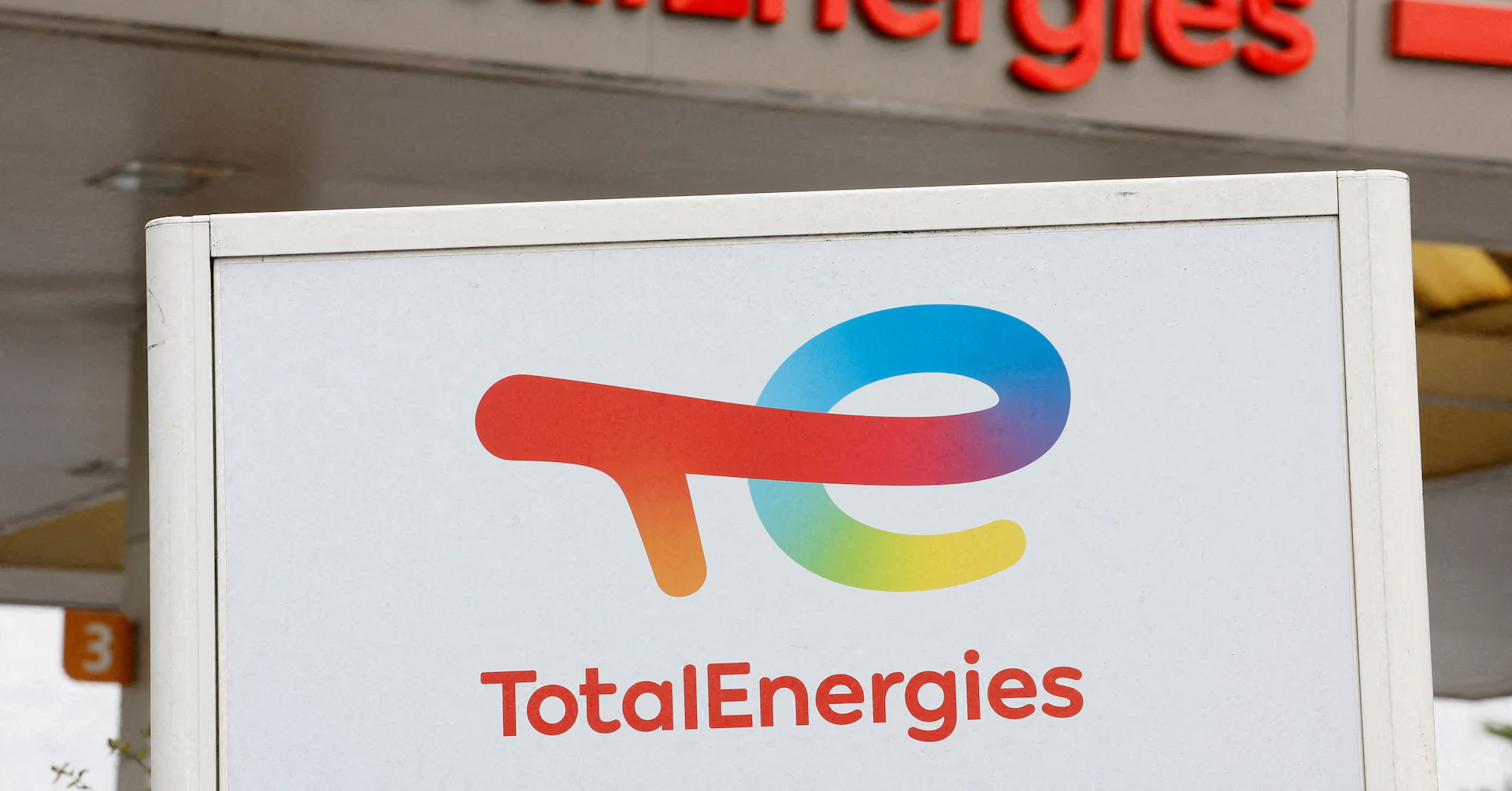Copyright trinidadexpress

In October 2025, the Government announced a new direction for how land matters are handled in Trinidad and Tobago with the creation of the Ministry of Land and Legal Affairs. This new ministry brings together the offices that deal with State land, mapping, surveying and leasing. For those of us who work in the legal field, this reform is more than administrative. It is a meaningful change that could make the system more efficient, transparent and fair. Before this merger, land administration was split among several ministries. The Office of the Commissioner of State Lands, the Surveys and Mapping Division, the Land Settlement Agency, and the Land Survey Board all operated separately. That structure caused delays and confusion. Files often moved from one office to another before reaching completion, making it difficult for citizens to track progress or get -answers. For those waiting on State leases or title transfers, the process often felt uncertain and slow. Under the new arrangement led by Minister Saddam Hosein, many of these functions now fall under one umbrella. The ministry will oversee surveys, mapping, land allocation, and titling together. This creates room for better communication between departments and a more coordinated approach to service delivery. For paralegals, attorneys and legal clerks, it offers the potential for smoother transactions, fewer delays, and a clearer process for clients seeking land-related documents. One of the clearest examples of how this reform is already having an impact is the long-awaited distribution of Caroni lands. Former sugar workers who spent over two decades waiting for leases and titles are finally receiving their documents. In recent months, several hundred leases were issued for fully serviced residential lots. For those families, it represents security and dignity after years of uncertainty. For those of us assisting with these matters, it also means fewer disputes and fewer gaps in documentation. When land ownership becomes easier to confirm, it strengthens trust in the legal system and provides real hope for those who waited the longest. This new structure also supports greater transparency. When all the departments responsible for land administration communicate with each other, the risk of miscommunication or duplication decreases. It also allows for better record-keeping and easier tracking of files. Minister Hosein has been clear about his goal to make the system more efficient, transparent and accountable. That vision aligns with what the public has long called for. Clearer timelines, faster responses, and fairer outcomes are what people expect when they interact with Government services. To make this reform truly effective, consistency will be key. The ministry should ensure each request for a lease or survey follows a predictable timeline so that citizens know what to expect. Open communication with legal professionals, surveyors and landowners can help identify areas that still need improvement. There is also an opportunity to modernise through digital tools. Moving survey plans, maps and lease applications into a shared digital database would speed up processing, reduce backlogs, and make information easier to verify. These improvements would not only benefit the legal sector, but also the wider business community. Small and medium-sized enterprises often rely on State leases to expand their operations or secure financing. Delays in land allocation can hold back investment and job creation. By streamlining how land is distributed and registered, the Government can help entrepreneurs plan with confidence and stimulate economic growth in a sustainable way. For citizens, especially those in the lower- and middle-income brackets, this kind of reform can make a personal difference. Faster access to land titles means they can use their property as collateral, build their homes legally, or finally obtain utilities that require proof of ownership. Land security gives people the confidence to invest in their families and their futures. When systems work efficiently, people start to believe in them again. This merger deserves recognition. Minister Hosein and his team have taken an important first step in tackling a long-standing issue that has affected many households and legal professionals for years. The challenge now lies in maintaining the pace and ensuring these changes are felt at every level of the process. The legal community and the wider public will be watching closely to see how this new structure performs in the months ahead. The creation of the Ministry of Land and Legal Affairs is a chance to rebuild public confidence in how the State manages land. If properly managed, it can deliver faster approvals, cleaner records, and stronger accountability. For citizens who have spent years navigating a complicated and often frustrating system, this reform -signals a move in the right direction. It will take persistence, but it is a start worth -applauding. Aaron Matthew Beharry



